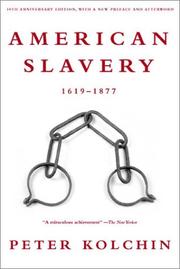In December, 2011 the History Book Club discussed The End of Empire: Attila the Hun and the Fall of Rome by Christopher Kelly. We had a lively and thoughtful meeting -- including a couple of new members. As we had read "Augustus" by Anthony Everitt a few months ago about the peak of the empire we connected with the Kelly when he describes the irony of the name of the last emperor of the destroyed empire, Romulus Augustulus, "his name a pathetic recollection of the legendary founder and its first emperor". Kelly goes on to say that "it was a measure of Romulus' unimportance that he was not even thought worthy of assassination" but was pensioned off in the country. We all agreed, however, that the answer as to why the Roman empire "declined" and "failed" was "all of the above". In other words too many reasons, external and internal, to enumerate.The discussion did range to what set the Huns on the move including speculation that it was military and "living space" pressures from the Mongols.
Here is the Barnes and Noble website description of the book:
Here is the Barnes and Noble website description of the book:
History remembers Attila, the leader of the Huns, as the Romans perceived him: a savage barbarian brutally inflicting terror on whoever crossed his path. Christopher Kelly, a professor of ancient history at Cambridge University, presents quite a different portrait. Drawing on original texts, including the only eyewitness description of Attila and his court, Kelly reveals Attila to be both a master warrior and an astute strategist. His Attila brilliantly exploited the strengths and weaknesses of the Roman Empire, conspiring with a treacherous Roman general, avoiding the assassination plots of a powerful eunuch, and accepting a marriage proposal from the emperor's sister. A compelling and original exploration of the clash between empire and barbarity, The End of Empire challenges our own ideas about imperialism, civilization, terrorist, and superpowers.Here are some posts by one of our members on the book.



